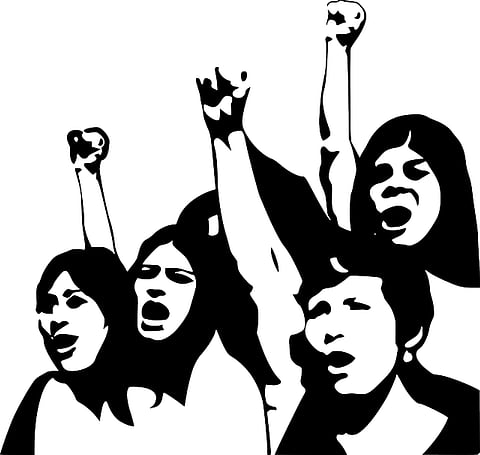Between 1953 and 1959, Fidel Castro led a revolution against Cuban dictator Fulgencio Batista to root out corruption. The insurgents, including Castro, attempted to attack the Moncada military base on July 26, 1953, but had been apprehended and imprisoned. With other refugees and prisoners, he established the 26th of July movement after his release in 1955. The revolutionaries went to the hills in November 1956 to battle Batista's forces. The protesters began taking over cities in 1958, gaining momentum along the route to Havana, Cuba's capital. On July 1, 1959, Batista was deposed and Castro was elected president. He later emerged as a communist government with strong links to the Soviet Union, and he was also a key player in the Cold War.


